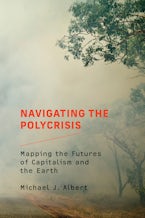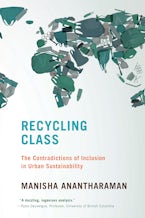Ansolabehere and Konisky point out that the attitudes of the American public to energy technologies ultimately will determine our energy future. They give the reader a fascinating report: the public's preferences are based on perceived costs and harms. These choices have been remarkably stable over time and not predictable by the popular variables of gender or party except on the vital issue of climate change. The public seems to be better informed than our political leaders about our energy future.
John Deutch, Institute Professor, MIT; former Director of Energy Research, Undersecretary of Energy, U.S. Department of Energy
If you are concerned about climate change, energy, or the environment, you should read Cheap and Clean. It is the most thought-provoking book on energy I have read in years. Ansolabehere and Konisky are lucid writers, their arguments are persuasive and their message is surprisingly hopeful. Researchers will be challenged by their approach, and policy makers can find considerable wisdom here.
Thomas Dietz, Professor and Founding Director, Environmental Science and Policy Program, Michigan State University
Cheap and Clean is the most important book yet written on how Americans think about energy issues. The authors' Consumer Model of energy and energy policy preferences is a breakthrough in our understanding of how people think about these issues. The book is essential reading for scholars who study public opinion and energy as well as for policy advocates and policy makers in the field.
Eric R.A.N. Smith, Professor of Political Science, University of California, Santa Barbara
Cheap and Clean makes an important contribution to our understanding of public opinion and energy. The authors provide interesting insights into how Americans view energy choice and the role of partisan and demographic differences in explaining attitudes on energy. This book is original, engaging, and highly readable.
Robert Duffy, Professor and Chair of the Political Science Department, Colorado State University; coauthor of Integrating Climate, Energy, and Air Pollution Policies

Winner, 2015 Don K. Price Award given by the Science, Technology and Environmental Politics section of the American Political Science Association.











